CCPA Privacy made for Modern Tech.
CCPA compliance is the foundational privacy framework in the US. Get CCPA ready in record time with Workstreet.

Address US Privacy Requirements with CCPA
CCPA provides the instructions for building a privacy program in the US.
Trusted by market leading technology companies


















Workstreet was critical to the success of our audit, handling the evidence collection, interviews, and generally managing the auditor, saving our team the burden and time. The result was a faster audit with less findings compared to the previous year.



Our team has been really happy with the speed and responsiveness from you all. Several of our AEs have mentioned being extremely impressed relative to what they saw at their past companies. Excited to keep working together here.


Workstreet has been a true partner. They embedded security into our daily workflow, took on the heavy lifting, and enabled us to move faster by unblocking security reviews without draining our team.






All of them (security reviews) have been super smooth for us to get through because of the work that you guys did for us. We've had no hiccups, no issues, passed everything. And it's been great.



Workstreet helps us move a lot faster. I save time, our engineers save time, and we’re able to get back to customers quicker, which helps us with faster sales cycles. Our engineers and I have saved 100+ work hours since we started with Workstreet.



Begin Your CCPA Privacy Journey
Connect with our privacy experts to build your program today
Thank you!
One of our trust engineers will be in touch shortly.
.avif)
Get Privacy Ready for CCPA Fast
From data mapping to ongoing compliance, we ensure full CCPA adherence without adding a full privacy team.


Data Audit & Mapping
.svg)
Privacy Framework Implementation
.svg)
Technical & Organizational Measures
.svg)
Ongoing Compliance Management

Comprehensive guidance for implementing and maintaining CCPA compliance effectively.
The Complete CCPA Privacy Guide
Learn how to right-size a privacy program for CCPA.
How Companies Comply with CCPA in Record Time
Real examples of companies that use Workstreet to CCPA

Endorsed AI
Endorsed AI is an innovative artificial intelligence company developing cutting-edge solutions for business applications. As a growing AI startup seeking to expand their market reach, Endorsed needed to quickly establish privacy and data protection compliance to meet the requirements of potential enterprise customers and regulatory frameworks. With an ambitious growth timeline and limited internal compliance resources, they faced significant challenges in navigating the complex landscape of privacy regulations while maintaining business momentum.

Piccolo Health
Piccolo Health is a bootstrapped healthcare technology startup providing innovative digital health solutions. As a small company operating in the highly regulated healthcare sector, Piccolo Health needed to establish strong security and compliance credentials to build trust with healthcare providers and patients. With limited internal resources and no dedicated compliance team, they faced significant challenges in navigating complex industry requirements while maintaining their focus on product development and market growth.
CCPA FAQs
Common questions about CCPA compliance
Yes, CCPA applies to any business processing California residents' personal information, regardless of location. If you have California customers, website visitors, or employees, you likely need to comply. Key thresholds: annual revenue over $25 million, buying/selling personal information of 50,000+ California residents annually, or deriving 50%+ revenue from selling California residents' data.
CPRA expands CCPA with stronger protections and enforcement (effective 2023). You don't need separate compliance—CPRA builds on CCPA requirements. Key additions include sensitive personal information protections, data minimization requirements, and the California Privacy Protection Agency for enforcement. CPRA compliance ensures CCPA compliance.
CCPA broadly defines personal information as any data identifying or reasonably linkable to a California resident or household. This includes obvious identifiers (names, emails) plus IP addresses, device IDs, biometric data, geolocation, and behavioral inferences. CCPA's definition is broader than GDPR's and uniquely includes household-level information.
Violations can result in fines up to $2,500 per violation or $7,500 for intentional violations, with no total penalty cap. The California Attorney General enforces CCPA, with private right of action for data breaches involving unencrypted personal information ($100-$750 per consumer). Recent enforcement has increased significantly, with multi-million dollar settlements becoming common.
Implement automated systems to verify identity, process requests within 45 days (with possible 45-day extension), and maintain detailed logs. For access requests, provide portable data covering the previous 12 months. For deletion requests, remove data from all systems including backups and third-party processors. For opt-out requests, immediately stop selling personal information and honor the request for at least 12 months.
Build Privacy Right. Keep Moving Fast.
CCPA compliance is mandatory, not optional. Get expert guidance that ensures full compliance.








